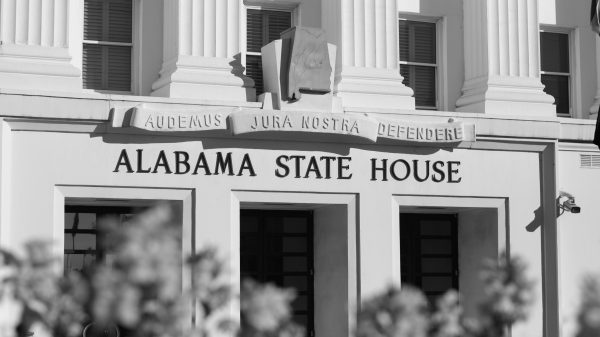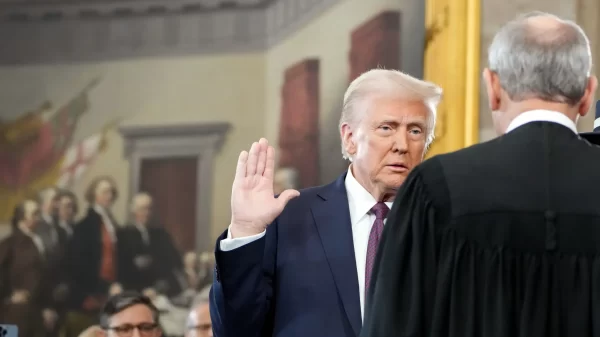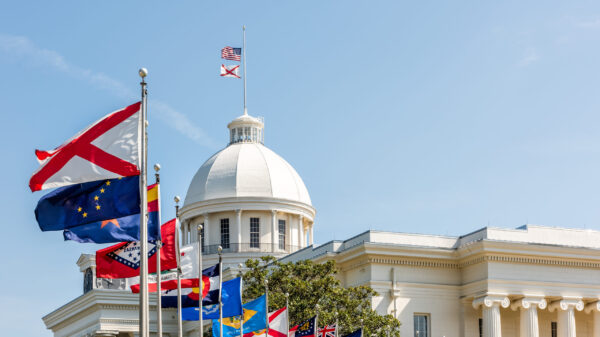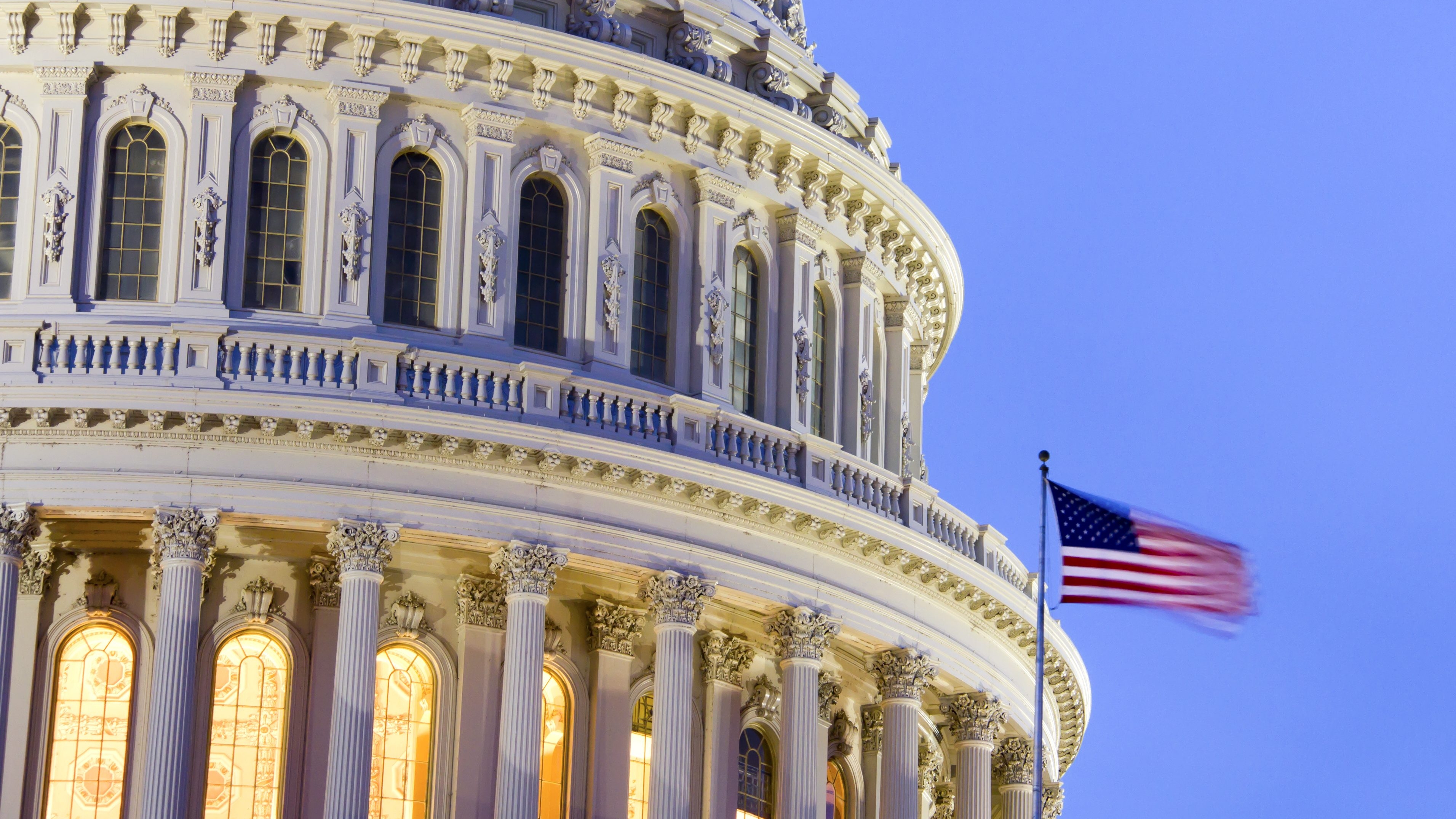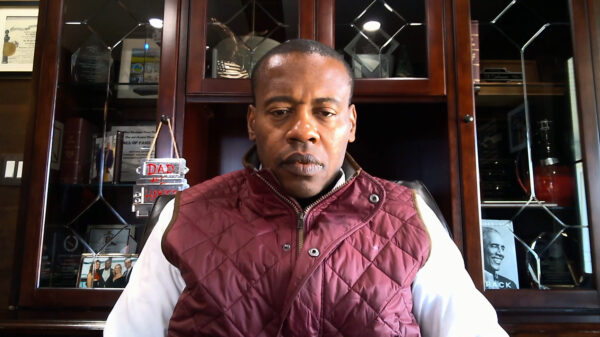The U.S. House of Representatives is expected to vote to override President Donald Trump’s veto of the bipartisan National Defense Authorization Act, according to The Hill. The NDAA passed both chambers of Congress with large bipartisan majorities two weeks ago but was vetoed by Trump.
The $740 billion legislation authorizes funding for national defense priorities including funding for the nation’s military and a pay raise for service members.
Some Republican Trump loyalists in the House who voted for the must-pass annual defense policy bill now say they will not vote to override the president, but some Democrats who voted against the bill initially say that they will vote for it to override Trump’s veto. The bill originally passed Congress with more than the two-thirds majority needed to override a presidential veto. House Minority Leader Kevin McCarthy voted in favor of the NDAA, but says he will not vote to override the president.
“This annual defense bill is a prime example of how we can work in a bipartisan way to serve the American people by protecting our country, supporting good jobs at home, and ensuring our troops and their families have the support they need,” said Sen. Doug Jones, D-Alabama. “This year’s legislation once again invests in Alabama’s defense industry and recognizes our state’s preeminent role in national security and spaceflight. It also includes key provisions that I’ve fought for to target money launderers and other criminal elements that operate in the shadows of our financial system, as well as to strengthen the diversity of our military and attract top talent to serve in uniform.”
A robust national security is of the utmost importance, said U.S. Sen. Richard Shelby, R-Alabama, of the NDAA.
“This legislation works to provide just that – protection for our country and care for our troops,” Shelby said. “The NDAA is a vital step in the process of funding America’s defense. By passing this bill – the 60th annual NDAA – the Senate is sending a strong message to our adversaries around the globe that we will remain the most powerful force in the world. Over the last four years, President Trump has worked to rebuild and modernize our Armed Forces. I am pleased we are on the path to continue that process and look forward to securing funding for the Department of Defense through our FY21 appropriations bills.”
Top House Democrats say that they have the votes needed to override Trump’s veto. If successful, this would be the first time a Trump veto has been successfully overridden.
“The FY21 NDAA passed with overwhelming, veto-proof support in both the House and Senate, and I remain confident that Congress will override this harmful veto,” said House Armed Services Committee Chairman Adam Smith, D-Washington. “While the president may not care about our service members and their families, Congress still places an immense value on their service and sacrifice.”
Congress has passed the NDAA for 59 years in a row with no president ever vetoing the NDAA in that time period. The 116th Congress ends in just five days and does not want to be remembered as the first Congress to break the streak of bipartisan NDAA support.
This will be a difficult decision for Congressman Mike Rogers, R-Alabama, who has been a Trump loyalist and even signed an amicus brief in support of an unsuccessful Texas lawsuit challenging the presidential election results. But Rogers was on the conference committee that negotiated the final version of the NDAA and will be the ranking member on the House Armed Services Committee during the 117th Congress.
If the House votes to override the president’s veto, it would still have to pass the Senate, where the rules favor Republicans who want to block an override vote. Yet Senate Armed Services Committee Ranking Member James Inhofe, R-Oklahoma, is urging Congress to override the veto, saying troops “shouldn’t be denied what they need — ever.”
“The NDAA has become law every year for 59 years straight because it’s absolutely vital to our national security and our troops,” Inhofe said. This year must not be an exception.”
Trump’s primary objections to the NDAA is that it orders the military to rename military bases that were named for Confederate heroes and that it does not repeal Section 230 of the Communications Decency Act, which protects social media companies like Facebook and Twitter from being held liable for content on their platforms.
While repealing Section 230 has supporters on both sides of the aisle, the support has different motivations. Conservatives want Section 230 repealed because they believe doing so would punish social media companies that use it as a shield to disguise what they say amounts to politically partisan activity. Republicans allege conservative voices are censored when tech platforms ban users for breaking site rules, like when YouTube removed Alex Jones’s account for glorifying hate speech or when Trump’s tweets are flagged for misinformation.
A few Democrats, however, including Sen. Elizabeth Warren, D-Massachusetts, support limiting Section 230 for the opposite purpose — to incentivize social media companies to combat misinformation on their platforms. Presumably, if Section 230 is removed and liability protections go with it, social media companies would be forced to take a heavier hand in limiting content on their platforms. But messing with Section 230 could affect broad swaths of the internet.
Trump also held up COVID relief and omnibus spending bill funding the government, even though it had been previously agreed to by his administration. On Sunday night, he signed the package with reservations.














